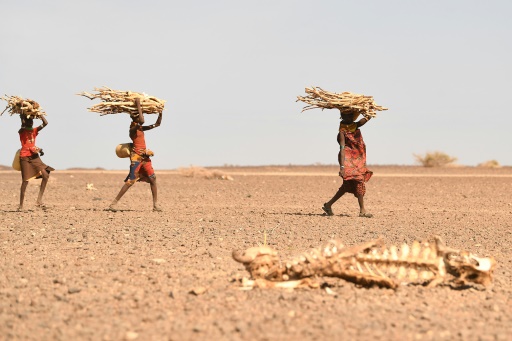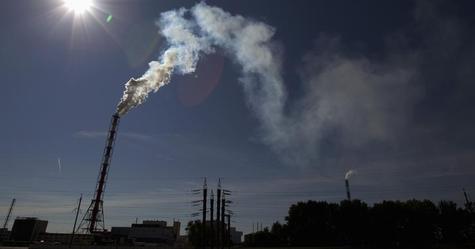Climate change that is already disproportionately affecting war-torn countries threatens to exacerbate conflict in fragile nations across the globe, but most of all in Africa, and lead to increased deaths, according to a new report published by the International Monetary Fund (IMF).
While climate shocks alone may not trigger new unrest, the Washington-based global lender said, they “significantly worsen conflict, compounding fragility” such as hunger, poverty, and displacement. By 2060, conflict deaths could increase by between 8.5% and 14% as a share of the population in so-called fragile and conflict-affected states (FCS), the report warns. 39 countries that are home to nearly one billion people and 43% of the world’s poor are classified as FCS by the World Bank, with more than half of these nations, which are disproportionately affected by climate change, are in Africa.
Fragile — owing to their location and dependence on agriculture — and conflict-affected countries, which are already being unevenly hit by the effects of climate change, are less able than other countries to mitigate those impacts, says the report.
One prime example of an FCS is Iraq, a nation that has suffered decades of conflict and weak governance and thus has only very limited options to alleviate droughts and high temperatures. The situation is only expected to get worse and temperatures continue to rise, the Washington-based IMF warns.
The majority of the FCS states are in Africa but these are some of the countries least responsible for man-made climate change, with European countries, North America and China being the largest carbon emitters. Over 50 million more people in these countries could be driven into hunger over the next 30 years due to lower food production combined with higher prices, the report says. In a separate blog, the IMF also appealed to leaders who will gather next week in Kenya for the first African Climate Summit to come up with solutions for vulnerable nations.



